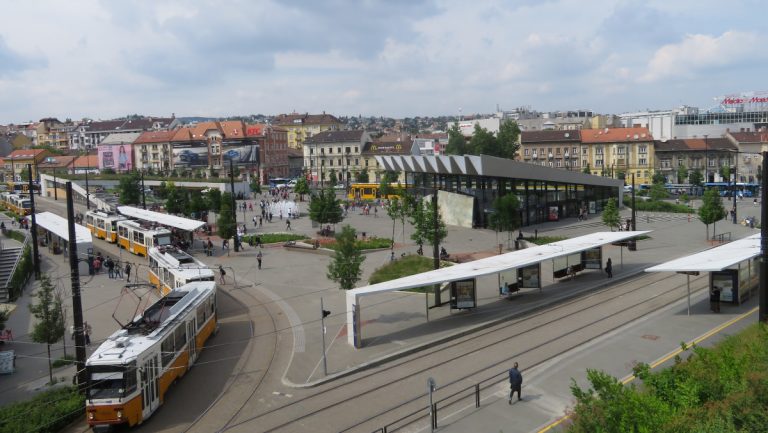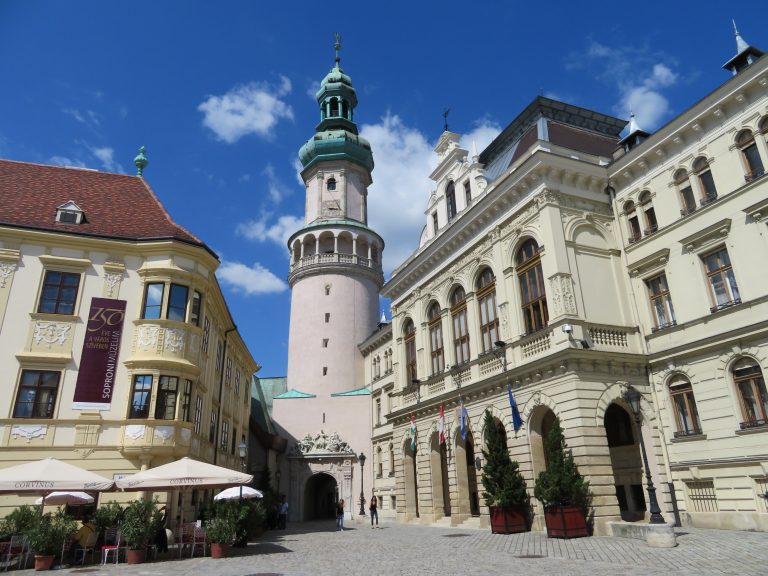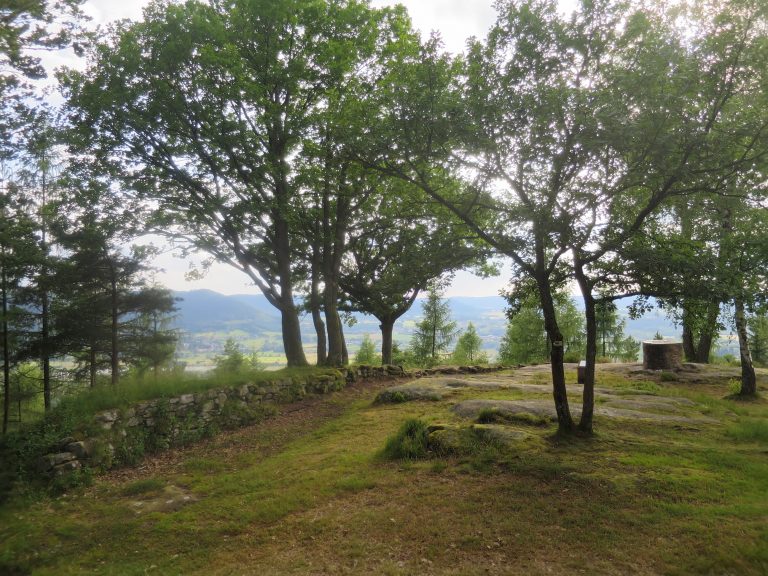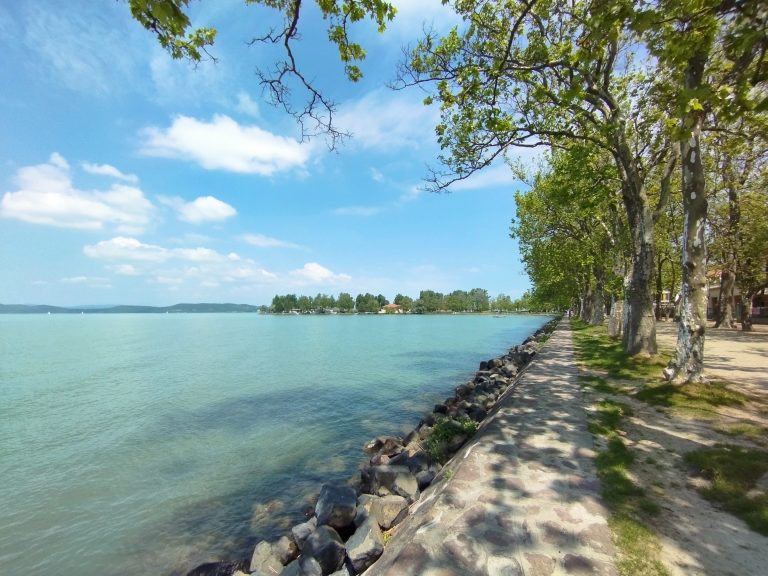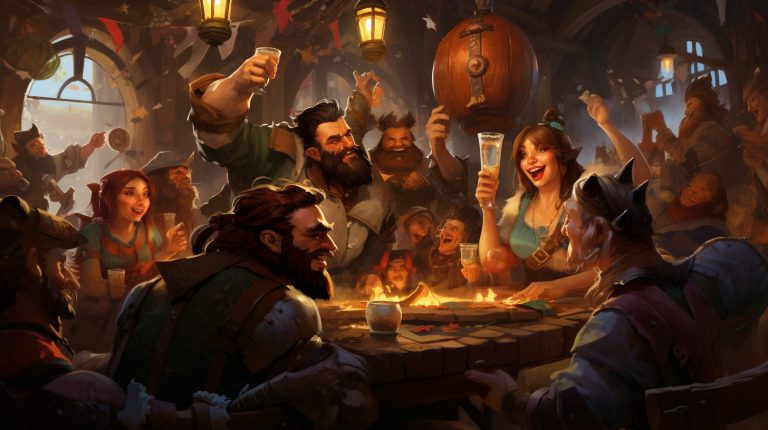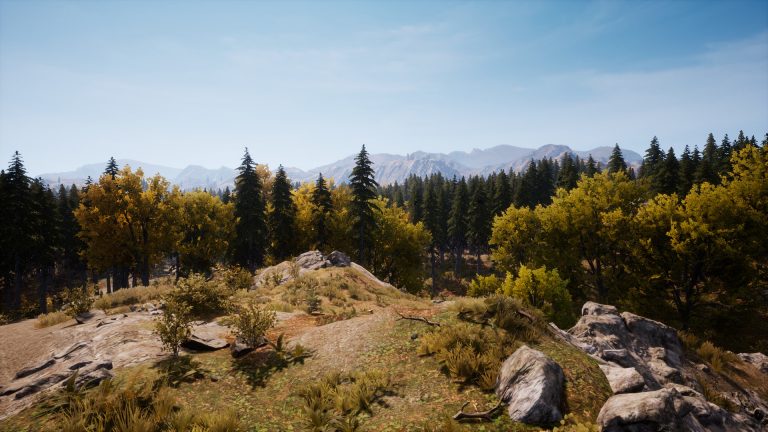I was born in Switzerland in 1990, and did all my chaotic schooling and training in web development there. I’ve always felt at odds with the world : with what exactly, I can’t say. None of the aspects of the social contract, as it appeared to me, seemed appealing ; everything seemed extremely shallow and boring, imprinted with fakeness, designed to cut us off from our true nature, rather like the modern architecture made of glass and concrete blocks that is increasingly denaturing the Swiss landscape. Since I was very young, composing music, writing texts and making images has been an escape, an attempt to connect with other, deeper aspects of our culture. In a way, artistic creation has always been for me a way of creating the world rather than being subjected to it.
For a long time, I’ve wanted to escape from a world cut off from its faith and origins, and at first, I projected myself on the other side of the world; these were remaining hints of the ambient third-worldism that is instilled in us in French-speaking countries, no doubt. It was following two solo trips outside Europe (a three-month volunteer job in Madagascar installing and repairing computers in offices and schools in 2013, and a three-week tourist stay in Quebec) that I realised what was my nature – and what wasn’t – and that I had a deep desire to reconnect with Europe and the European soul (not in the sense of the European Union, this supra-state that has us drowning in taxes and regulations, but in the sense of Europe as a cultural and civilisational area). This implied a total break with the culture of other continents, and with a certain form of globalised entertainment in which I include pop culture, television, and deconstructed modern art, in order to be able to introspect on myself and my own goals. Even today, I still don’t watch any mainstream TV shows, movies, or series. The content I watch is made of podcasts, documentaries, live broadcasts, or niche series on YouTube or similar websites.
I didn’t reject the mainstream and subsidised culture out of militancy, but out of sheer disinterest, preferring to allocate my available brain time to niche creations closer to my culture, my origins, my ‘village’. I became very interested in heavy metal, a music that has the ability of cutting the unwanted noises in offices or in public transportation.
It was while I was at work, listening to metal music on the now sadly defunct Plug.dj website, that I discovered the black metal scene. It was a revelation for me. This style of extreme music, in the eyes and ears of laymen who haven’t explored it, has a Satanist connotation, with the imagery of musicians who slit goats’ throats in cellars and drink their blood while painting their faces black and white, and who have a fascination for death and suicide. That might be true for some of the black metal scene, but for the majority of bands it’s a different story. For most musicians in this style, the music is strongly connected to nature in cold countries (the Nordic countries, the mountains, Europe in winter etc.), and therefore to a nature that is close to us, that can be violent sometimes. This was particularly obvious to me during hikes to the Chutes de la Rèche waterfall (Valais, Switzerland), and in the Gorges de Covatannaz near Sainte-Croix (Vaud, Switzerland): the sound of waterfalls, the darkness caused by rocks and trees, the strong winds, the extremely uneven terrain conducive to fatal falls… The atmosphere and sound of these places totally matched the atmosphere desired by black metal (Chutes de la Rèche) and pagan metal (Gorges de Covatannaz). This music was the sound of a hostile natural environment where the flock of urbanites following all the fashionable stuff doesn’t venture in. This was the sound of a safe space. Being able to stand listening to an entire song of black metal was a bit like being able to walk over a mountain pass in the Alps: it put you in some kind of an elite.
This revelation, which took place around 2014-2015, introduced me to a whole universe that existed in our beautiful Europe but which I had never been aware of: our Celtic, Germanic and Roman history, medieval or 18th-century re-enactment festivals, and above all, Druidism and the neo-pagan movements. After all, black metal, pagan metal and folk metal are often listened to or performed by people interested in subjects such as European history, heroic-fantasy universes, ancient mythology, supernatural creatures and role-playing games (RPGs). I’ll soon be explaining the genesis of the Bards in Exile project and why I chose the pseudonym ‘Bard’.

